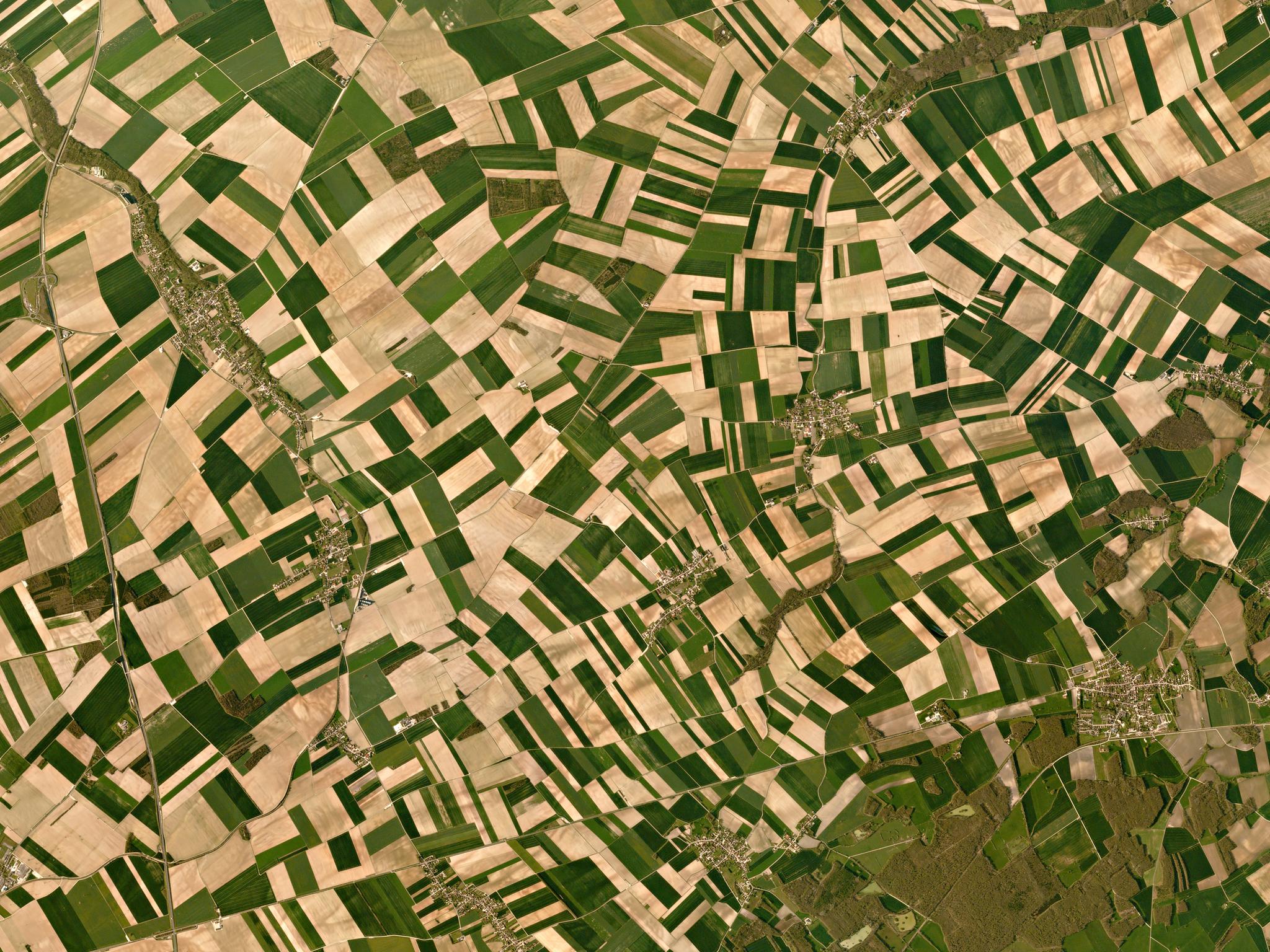Planet Joins New Coalition to Decarbonize Europe’s Food System
To read the release in full, click here. Planet has joined the newly formed European Carbon+ Farming Coalition to accelerate progress toward European Green Deal carbon neutrality goals. Through this partnership, organizations and stakeholders representing every step of the food value chain will come together to decarbonize the European food system, while maximizing other benefits such as soil health and farmer resilience. The European Carbon+ Farming Coalition was catalyzed by the World Economic Forum’s CEO Action Group for the European Green Deal and is part of the emerging food and nature platform, 100 Million Farmers, 1 Billion Consumers: Transitioning Towards Net-Zero, Nature-Positive Food Systems. Agriculture is today responsible for 10 percent of Europe’s greenhouse gas (GHG) emissions and without transforming the sector, Europe will not be able to remain within the Paris Agreement target. Such a transformation could be a sizable contributor to Europe’s net-zero emission plan and will require ambitious collaboration along the entire value chain and alignment across European countries. “Sustainable agriculture plays a consequential role in slowing climate change by sequestering carbon and increasing biodiversity, yet practices today often counter these benefits by neglecting soil health and relying too heavily on fertilizers and pesticides,” said Planet CEO and co-founder Will Marshall. “Earth observation data is a powerful tool for monitoring and assigning value to these natural resources in order to edge closer to carbon neutrality. We’re excited to join this important coalition and have our data directly contribute to Europe reaching its net-zero emission plan.” The world’s soils are the second largest carbon sink, second only to oceans. There is strong scientific evidence that on-farm technology coupled with widespread adoption of regenerative and climate-smart agriculture practices – such as reduced till or no-till practices, cover cropping and nutrient and manure management – can reduce GHG emissions and even sequester carbon, while improving agriculture’s significant impact on nature. To implement this transition at a broad scale, the agricultural and corresponding food systems must develop a set of recognized, science-driven, technically relevant practices and solutions to meet objectives for the European Green Deal and the Farm to Fork strategy. Planet’s broad area monitoring and granular satellite imagery can help verify the adoption of decarbonization efforts, allowing growers to more easily optimize their inputs and make more efficient and ecologically sustainable decisions. Earlier this year at the Boosting Europe's Green Transition session during Davos Agenda Week, members of the Forum’s CEO Action Group for the European Green Deal first announced the concept of a coalition to deliver on the European Green Deal. The Carbon+ Farming Journey project, will take a farmer-centric approach with partners focused on increasing the uptake of regenerative and climate-smart agriculture practices, identifying the roadblocks to adoption, designing solutions with economic, practical, and ecological benefits to farmers. It also will work to develop financial tools to empower farmers in managing transition risk and recommend the right set of farmer incentives. Currently, the following organizations are partners in the European Carbon+ Farming Coalition:
- BASF
- Bayer
- COPA-COGECA
- CropIn
- European Conservation Agriculture Federation (ECAF)
- European Institute of Innovation & Technology (EIT) Food
- Hero Foods
- Planet
- Swiss Re
- University of Glasgow
- Yara International ASA
- Zurich Insurance Group
The European Carbon+ Farming Coalition is designed to scale, and will be open to additional stakeholders, including relevant NGOs and academics. To learn more about the emerging coalition visit the World Economic Forum (WEF) or email 100MFarmers@weforum.org to join the project.

Ready to Get Started
Connect with a member of our Sales team. We'll help you find the right products and pricing for your needs


